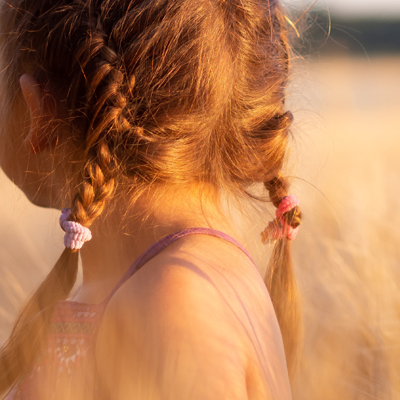Learning new skills can help your child’s development and growth. There are different skills like being able to take part in self-care, play and education. You can find general hints and tips for teaching your child new life skills that you can work on together.
Self-care
Learning to look after yourself is an important life skill. As a parent/carer you spend the first few years feeding, cleaning and caring for your children. You are also teaching your child to do these activities for themselves as they learn by watching you!
Things to remember:
- Let them try the skills on their own and as tempting as it can be don’t take over
- Break the task down and explain each part like washing hands break down into turning the tap on, getting hands wet, getting soap and cleaning the soap off.
- There are different ways children learn: show your child, tell your child and do the task with your child.
- Problem-solve together- if they make a mistake ask them what they need to do to fix it
- Practice, practice, practice!
Play
Your child’s day is full of play. Play can help them learn and practice new skills, make friends and find a sense of what they like.
Explorative Play
Children explore the world through play.
Exploratory play involves the child using all their senses.
They will examine objects by looking, touching (with hands and mouths) listening and moving it around. This type of play would include sand, water and messy play.
You can try some messy play at home with this Messy Play Activities Worksheet
Functional Play
Children learn how to use objects through functional play.
This is using toys and objects in the way they are intended to be used e.g. rolling a ball and stacking blocks.
This also includes construction play, arts and crafts and tool-use (e.g. scissors) to help develop hand-eye co-ordination.
You can play construction and arts and crafts at home with this Construction Activities Sheet and Arts and Crafts Activity Sheet
Active/Energetic Play
Children learn about how the body works and moves through active play. They learn to run, jump, throw & catch and kick. This can also include playing ball games, riding a bike etc.
Individual Activities
Individual active activities can be really helpful for building self-esteem e.g. running, swimming.
Team Sports
Team sports are a great way to stay healthy while developing social skills! (Point to local centres here)
Listening, Understanding and Interacting
Learning to listen, understand and interact is important for children. This will help them make friends and build relationships.
Attention and Listening
- Say the child’s name before speaking to them
- Get down to the child’s level so you are face to face
- Keep your language simple
- Check that the child has listened to what you have said
This can help you and your child interacting with each other and can help to build a close bond with your child.
This is a summary of articles from NHS Greater Glasgow and Clyde. You can access the full article here: https://www.nhsggc.org.uk/kids/life-skills/




